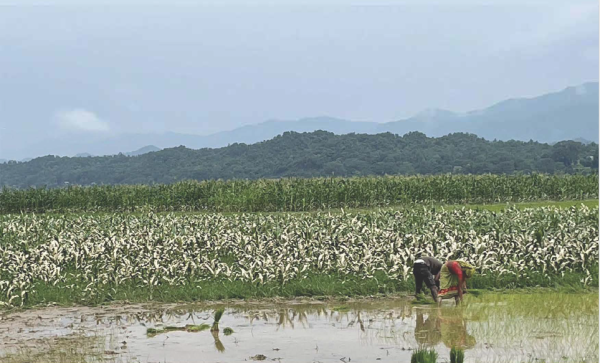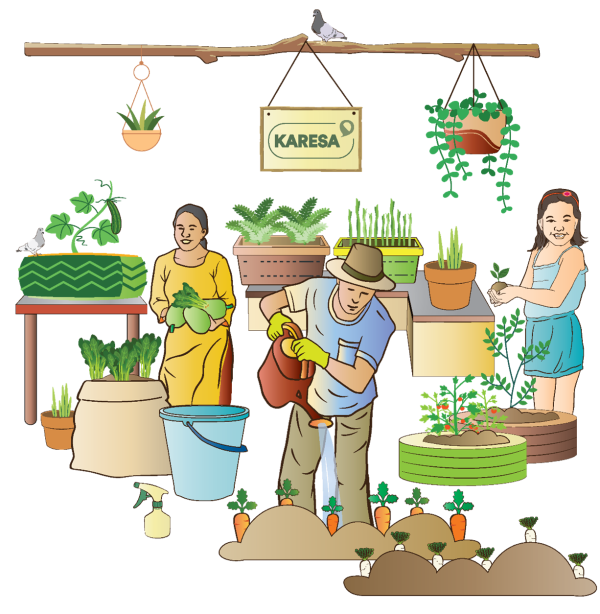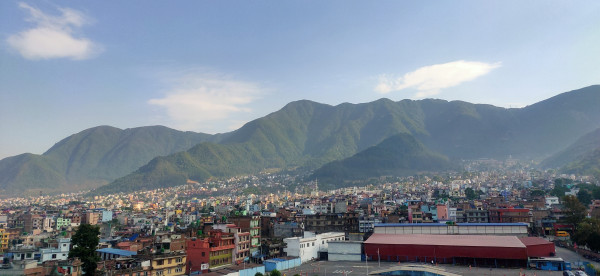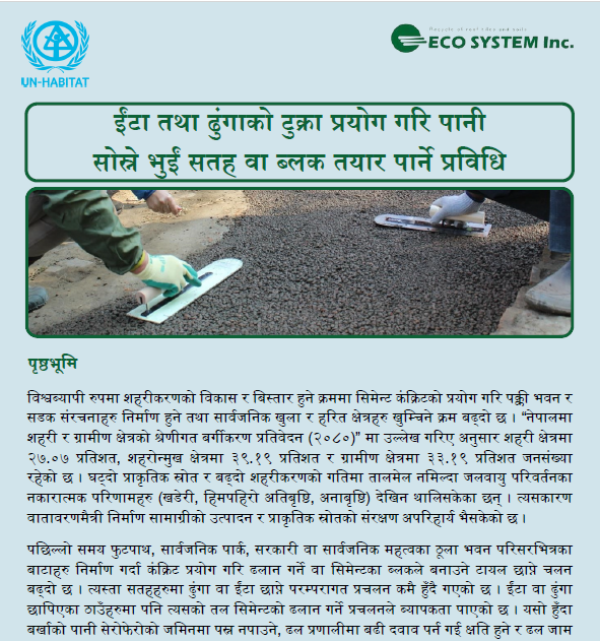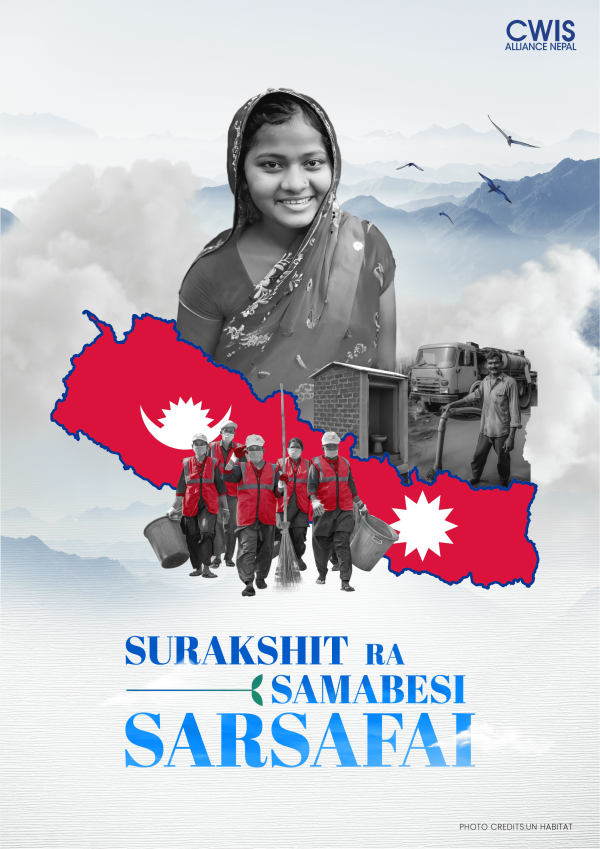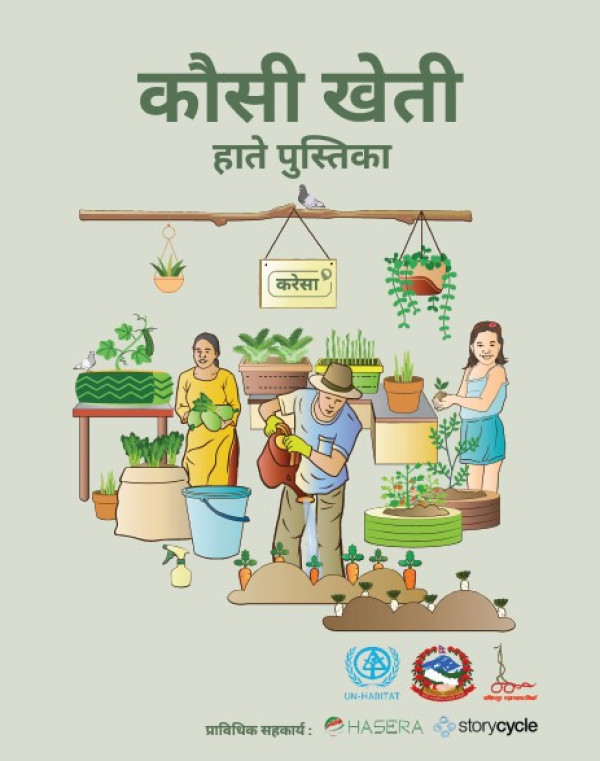Capacity building for promoting accessibility to infrastructure and public services in Dhulikhel Municipality
August 5, 2022. Kathmandu.
In collaboration with the Ministry of Urban Development (MOUD), Dhulikhel Municipality and UN-HABITAT in Nepal jointly organized “Disability Inclusive Development and Accessibility Audit Technical Training” on 27th and 28th July, 2022 in Dhulikhel municipality. Facilitated together with the National Federation of the Disabled-Nepal (NFD-N), the training witnessed participation of the technical human resources from the municipal executive and ward offices, engineers from local consulting firms, representative from Kathmandu University, local architects from Society of Nepalese Architects (SONA) and the members of the Disability Council in Dhulikhel Municipality.
Taking the opportunity, Inclusive City, a monthly bulletin published by UN-Habitat on disability inclusion was also launched during the inauguration session of the training. Mr. Ashok Kumar Byanju Shrestha, Mayor of Dhulikhel Municipality confirmed his commitment to make the municipality disable friendly and inclusive, for all people to be able to live with dignity and enjoy quality of life. He further highlighted key initiatives undertaken towards achieving the vision such as formation of disability council, disability data management, training and entrepreneurship development for people with disability, policy awareness and distribution of assistive devices and further highlighted the SDG achievement of the municipality and how cities around the world are replicating their model.
Launching of bulletin by Mr. Manish Prasai, Mr. Kamal Adhikari, Mr. Ashok Kumar Byanju Shrestha, Mr. Nirajan Jangam, Mr. Taranath Luitel & Ms. Pragya Pradhan (From Right to left)
Mr. Nirajan Jangam, the Deputy Mayor further committed to work with the
disability council to formulate policies for promoting inclusive infrastructure
and underscored the need of collaboration, as a whole of society approach for
making Dhulikhel Municipality an inclusive city.
Mr. Kamal Adhikari, Senior Sociologist from MOUD emphasized on the need to reframe socially constructed perspective and attitude towards people with disability coupled with need to work on infrastructure and services. Ms. Pragya Pradhan, Habitat Program Manager of UN-HABITAT further explained how disability friendly infrastructure can provide easy access to all other vulnerable groups and the need to address diversity in disability. She stressed on the importance of inclusive participation in ensuring accessibility through plan, programs, monitoring for tangible outcomes.
The training was jointly facilitated by Mr. Manish
Prasai from NFD-N and Mr. Milan Bagale, Project Coordinator, and Ms. Srijana
Koirala from UN-Habitat. The training started with self-realization
questionnaire followed by series of sessions and group discussion within
inclusive team of 9-10 participants: architects, civil engineers, non-technical
persons and persons with disability.
Mr. Manish Prasai from NFDN facilitating the session
Key deliverables of the 2-day training were:
Concept and practise of Disability Inclusive Development (DID) and
importance of universal accessibility and chain of mobility.
Urban policies and program in Nepal and the need of advocacy,
awareness, capacity building, networking and collaboration.
National policies and plan related to disability and gap in information
and synergy among all stakeholders as well as infrastructural gap.
Architectural and engineering design detail for the universal design.
Accessibility audit of the program venue and Dhulikhel municipality by
the participants for understanding the barrier”
Presentation and group discussions amongst the participants on creative ideas and solutions for breaking the physical, communicational and social barriers.
The participants committed to utilise the technical skill and knowledge gained during the training to further audit their own approaches, services and infrastructure. Ms. Kopila Shrestha and Ms. Sunibha Kayastha, Lecturer of Kathmandu University appreciated the training and jointly stated “It was a great learning experience, as the issue of disability is less explored during design and planning. We will not only share the knowledge gained by the training with our student, but also promote accessibility with respecting all diversity. There are lots of things to think beyond ramp”.
Ms. Kopila Shrestha & Ms. Sunibha Kayastha (from left) working with the team for identifying the barrier in urban open space and street.
Mr. Dil Krishna Dewaju (third from left), member of disability council, sign language interpreters and project team
